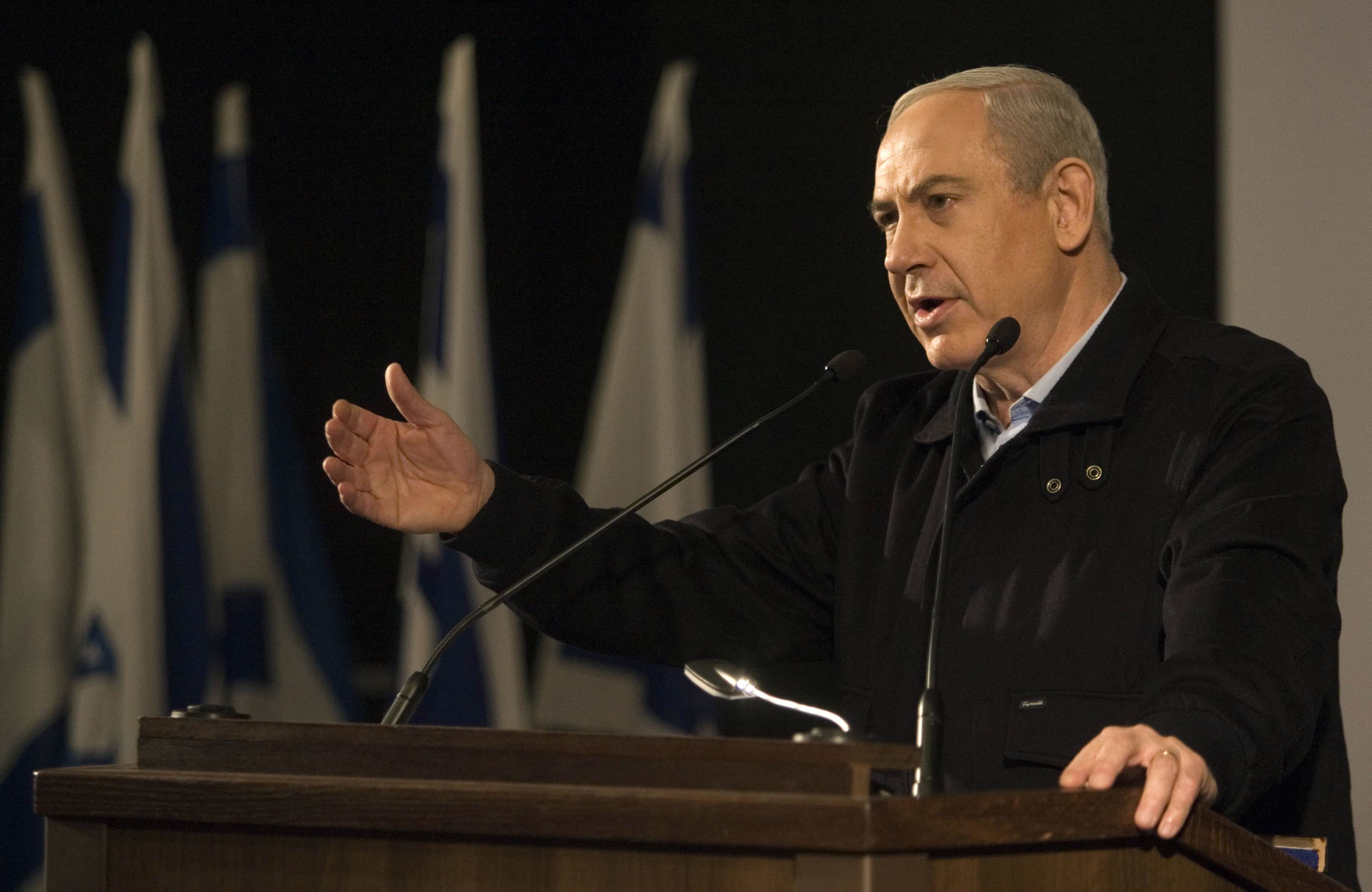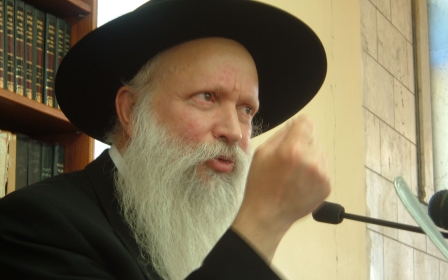Israeli press review: Uproar after police plant gun in Palestinian home

Gun planted by police in Palestinian home causes scandal
A scandal has erupted after Israeli daily Haaretz revealed that a reality TV show about police work in Jerusalem fabricated the discovery of a firearm in a Palestinian's apartment.
The popular documentary series “Jerusalem District” is set in the holy city, although most of the scenes were filmed in the occupied East Jerusalem suburb of Issawiya.
The ninth episode was aired on 23 June and showed the police raiding an apartment in Issawiya and discovering an illegally stashed firearm. However, Haaretz revealed that the gun was planted by the police in the apartment without the residents' knowledge.
The police issued an apology to Samer Suleiman, whose apartment was raided by the police and who was shown being interrogated on camera regarding the gun that was “found” in his apartment.
Stay informed with MEE's newsletters
Sign up to get the latest alerts, insights and analysis, starting with Turkey Unpacked
Suleiman’s son, Saleh, was blinded in one eye by a sponge-tipped bullet fired by police forces in Issawiya five years ago, when he was 11 years old. Eventually Saleh lost vision in his other eye as well.
John Brown of the “Local Call” blog site reported that the police initially promised to investigate the blinding of Saleh Suleiman, but a year later it denied that any investigation against the conduct of the police had taken place, and that no such investigation was planned.
Ynet news site reports that three additional scenes of the popular documentary series are being investigated for possible planting of evidence in order to create dramatic effect, through presenting residents of Issawiya as criminals.
In one of the scenes drugs were “discovered” by the police in front of the cameras, but the following day the police reported that no drugs were found.
The series was broadcast by the public broadcast agency Kan 11, which took down all of the episodes from its website and YouTube, and announced that it will cut all ties with the producers of the series.
Academic fired from education ministry committee over controversial West Bank university
Israeli Education Minister Rafi Peretz has laid off a member of the ministry's budgetary and planning committee over his opposition to the creation of a new department in a controversial West Bank university.
Newspaper the Marker reported that Yossi Shain of Tel Aviv University was allegedly fired over his opposition to the establishment of a medicine department in the controversial Ariel University, built in a settlement near the Palestinian city of Salfit in the occupied West Bank in violation of international law.
The department of medicine was announced last year, to be named after American business mogul Sheldon Adelson, who is notable for bankrolling Israeli Prime Minister Benjamin Netayahu and US President Donald Trump's election campaigns. Adelson donated money to found the department.
The opening of the faculty was eventually cancelled this February, after the majority of the budgetary and planning committee voted against it.
Peretz replaced Shain with Aryeh Eldad, a former member of Israel's parliament, the Knesset, for two right-wing religious political parties: the National Union and Power for Israel.
Eldad openly promotes the annexation of Israeli-controlled areas of the West Bank.
Senior Tel Aviv University professors, including the president and rector, protested Shain's dismissal. They pointed out that this would be the first time that a member of the committee was denied a second term, and expressed concern that Shain was dismissed because of his political opinions.
Yeshayahu Talmon of the Israeli Institute for Technology resigned from the budgetary and planning committee in protest at Shain's removal, which he described as “the polarisation of the committee, manifested by appointing members based on their loyalty to a certain ideology rather than according to skills”.
Likud members pushed to sign Netanyahu loyalty pledge
Likud MPs were pressured by party chairman David Bitan to sign a declaration stating that they will support no party member except Benjamin Netanyahu for the role of prime minister, according to Haaretz.
This comes on the heels of a statement from Netanyahu's rival and Israel Our Home party leader Avigdor Lieberman that he would seek to form a “unity government” between Likud and the Blue and White party.
Lieberman added that if Netanyahu would oppose such a unity government, Lieberman will try to find another member of Likud to lead it, and mentioned Yuli Edelstein, the chairman of the Knesset, as a possible replacement.
Lieberman used to be Netanyahu’s prime minister office manager before forming his own party. However, he ruled out joining Netanyahu’s coalition after the 9 April elections, prompting fresh ones to be slated for 17 September.
Netanayu’s son Yair tweeted that Lieberman was seeking disloyal members of the Likud party to organise a “putsch” against the premier, but deleted the tweet shortly thereafter.
The loyalty declaration carries no legal weight, though Lieberman said that it was reminiscent of North Korea’s style of government.
Political ads accused of promoting racist tropes
Two video campaign ads published by the Blue and White party ahead of the upcoming elections have drawn criticism for using racist tropes, according to Ynet.
The first ad showed customers paying a special levy at the grocery store, a “Netanyahu tax” to keep the prime minister from going to jail.
Chairman of the ultra-Orthodox Shas party and Interior Minister Aryeh Deri pointed out that the shopkeeper who is cheating his customers in the ad speaks with a Mizrahi accent (referring to Jews originally from the Middle East), has darker skin and is presented as a mindless fanatic supporter of Netanyahu.
The second ad showed a fake WhatsApp conversation among right-wing political parties in response to the loyalty declaration from the Likud party.
The two ultra-Orthodox parties Shas and United Torah Judaism (UTJ) write in the conversation that Netanyahu’s lack of confidence is an opportunity to ask for money.
Shas, represented by Deri, demands “a trillion Shekels” and UTJ, represented by Yaakov Litzman, demands “all the money in Israel”.
The ad drew widespread criticism for pandering to the trope that religious Jews are greedy. The Shas party called for the video to be banned and Netanyahu himself called it antisemitic.
Blue and White number two Yair Lapid is the author of the second of the two ads, and responded to the criticism by saying he does not regret publishing it.
Middle East Eye delivers independent and unrivalled coverage and analysis of the Middle East, North Africa and beyond. To learn more about republishing this content and the associated fees, please fill out this form. More about MEE can be found here.





